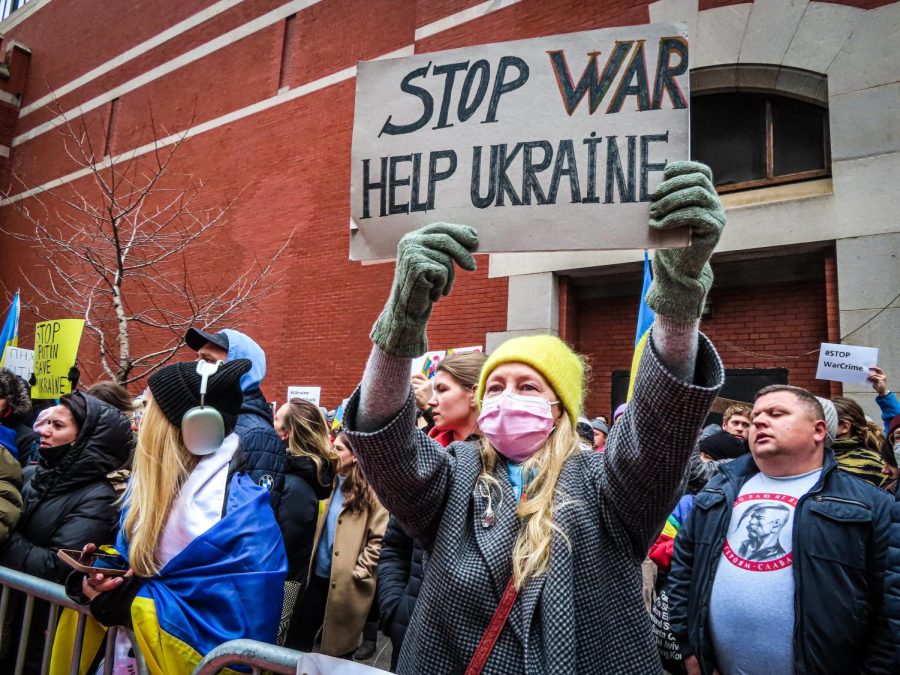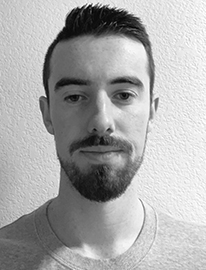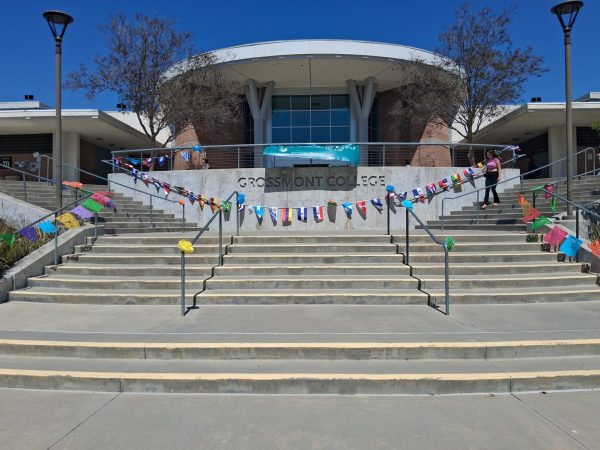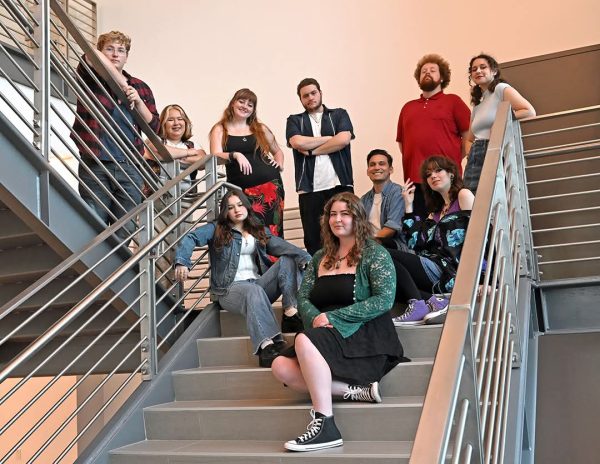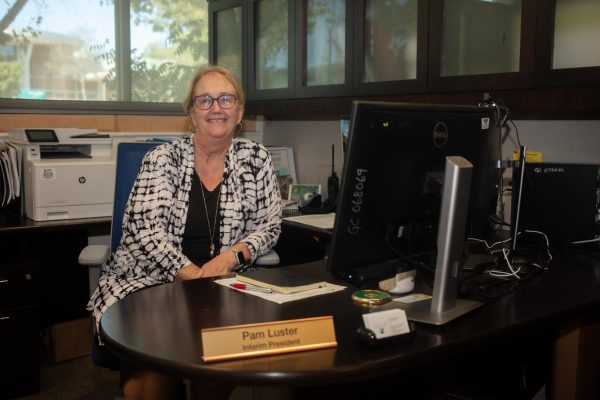Health In Crisis
War takes a toll on every aspect of life.
April 18, 2022
In the world we live in right now, one of the most pressing issues is the war between Russia and Ukraine. With all of the turmoil and pain going on in Ukraine, one would question the health and mental well-being of the people.
Roughly six weeks passed since Russia invaded Ukraine, and many Ukrainians were displaced from their homes and evacuated for their safety.
Many Ukrainians were rushed unexpectedly out of their homes because of the Russians bombing their cities. These attacks forced them to live in places like the borders of Poland and Ukraine and become refugees.
Nights on the border, and other places around them, can get as low as 25 degrees. The refugees have to sleep in very thin tents, with little to keep them warm at night, while still struggling to process what just happened to them and their homes.
As a result, many can get very sick and possibly die from low temperatures, lack of food, and the stress surrounding their situations. These circumstances, along with the still-present threat of COVID-19, can be a dangerous and deadly combination for the weak.
Unfortunately, the carnage from bombings, the taking of cities and death can affect people’s mental health and wellbeing. One can only imagine the horrors young children and families witnessed while fleeing the Russian invasion.
Luckily, many people are traveling to Ukraine to help the country’s suffering people.
One of these missionaries is Jonathan Macintyre, a youth pastor from Calvary Chapel Fort Lauderdale. Macintyre has traveled around Poland, Germany, and Ukraine to help rescue and lead refugees safely and quickly to better conditions.
One place Macintyre uses to shelter Ukrainian families is an old castle in Germany. It was built in 1667 and was used during World War II to house and protect Jews from Nazis.
“It’s awesome to see it used for similar purposes today as a place of refuge for the innocent who have lost so much,” Macintyre said of the castle. “Right now, it can house 75 refugees, but we’re working on creating space for more.”
Macintyre spoke with some refugees and witnessed firsthand how the tragedies affected their mental health.
An interview with a Ukrainian mother, Inessa, was done by Macintyre with the assistance of a translator.
“On Feb. 24, our town was bombed, and by our window, there was a shell right in front of our window,” said Inessa, when asked about her war story. “Because men are not allowed to leave, it is very difficult for me without my husband.”
When asked if there was anything she wanted to say to the people in America, she tearfully responded: “Please pray for us. I want to go back to my home and live further under the peaceful sky, and raise my kids.”
Simple interviews like this show Macintyre and the world that while people over in Ukraine may try to act like everything is ok, the reality is that they want to go back home, and their hearts hurt for themselves and their country.
While the world watches in terror, one can only hope that the people of Ukraine will be able to put their physical and mental health first and recover from the tragedies that we all hope to end soon.


